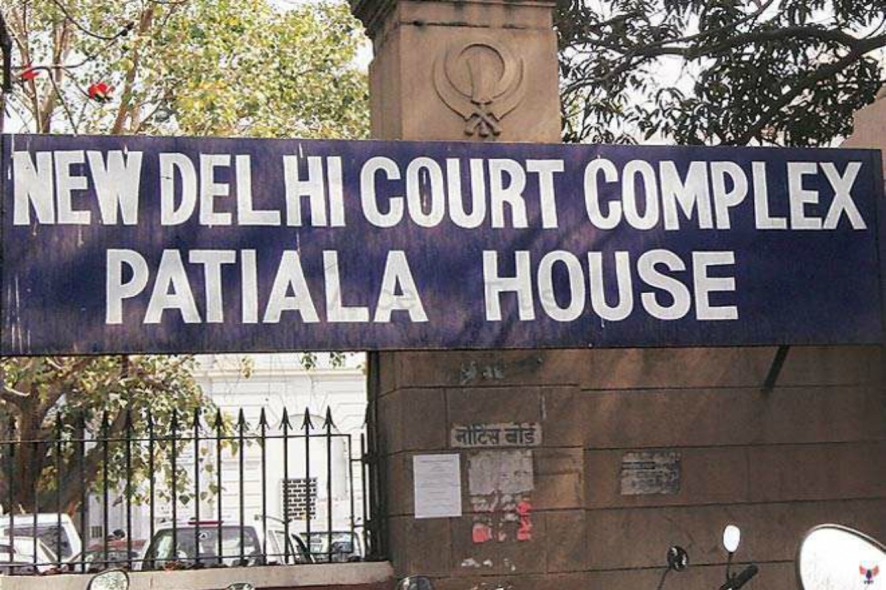Patiala House Courts, New Delhi: Shreya Arora Mehta, Metropolitan Magistrate, while addressing a matter with regard to Section 138 of the Negotiable Instruments Act stressed the liability of a Director for such offences.
Accused Company through accused 2 – Chairman cum Managing Director along with accused 3 its Managing Director and accused 4 Deputy Managing Director approached the complainant in the year 2006 to engage their services for releasing advertisement of the accused company in various newspapers and publications.
The complainant agreed to extend a credit period of 60 days for payment of the bills with statutory taxes and services charges/commission. The accused persons sent a release order to the complainant for advertisement in various print media. Bills were raised on monthly basis for service provided.
It was stated that till the second quarter of 2008 the complainant received most of the payment but thereafter there was a default by the accused persons in making the time-bound scheduled payment. Later bills of 6 months were kept pending due to which the complainant was forced to ask the Indian Newspaper Society to issue a caution notice to its members regarding the accused company.
The accused company issued 84 cheques with the assurance that on presentation the same would be encashed, but all the cheques were dishonoured and returned unpaid for the reasons either “funds insufficient” and or exceeding arrangement.
Accused persons did not reply to the legal notice under Section 138 of the Negotiable Instruments Act, 1881. Hence the present complaint was filed.
Accused 3 admitted his signatures on all the cheques but stated that the same was done under the pretext of accused 2 who was the chairman cum director of the accused 1. The accused 4 submitted that he had no dealings whatsoever with the complainant company.
Section 141 of the Negotiable Instruments Act, 1881, does not say that a Director of a company shall automatically be vicariously liable for commission of an offence on behalf of the company.
“…the complainant has to make specific averments in the complaint that the accused persons were incharge or were responsible to the company or conduct of the business of the company. And prosecution could be launched not only against the company on behalf of which the cheque issued has been dishonoured, but it could also be initiated against every person who at the time the offence was committed, was in charge of and was responsible for the conduct of the business of the company.”
In the present case, specific averments were made against accused 3 and 4 that they are in charge of and responsible to the accused 1 company for the conduct of the business of the company and were looking after the business of the company and the offence under Section 138 NI Act had been committed with the knowledge, consent and connivance of the accused 3 and 4 besides other and was attributable to neglect on their part.
“…under Section 139 of the Negotiable Instrument Act, 1881 there is a presumption in favour of the complainant that the cheques in question were issued by the accused in discharge of his lawful liability. It is mandatory for the court to draw a presumption against the drawer/accused. However, the said presumption is rebuttable.”
Accused persons raised arguments that no work order, release order or publication bill was placed on record nor the complainant produce the details of the newspapers etc. To substantiate the same, the accused person had failed to prove on record any admissible and reliable evidence to discharge their onus of rebutting the initial presumption in favour of the complainant as enshrined under Section 139 NI Act.
In view of the above, the essentials of Section 138 NI Act stand duly established and accused persons failed to rebut the same.[Prominent Advertising Services v. Koutons Retail India Ltd., 2022 SCC OnLine Dis Crt (Del) 12, decided on 22-3-2022]







